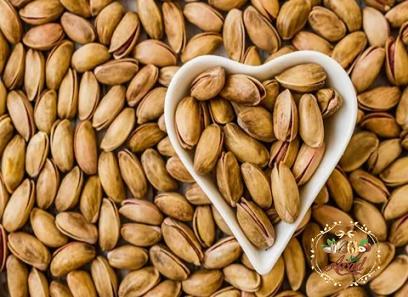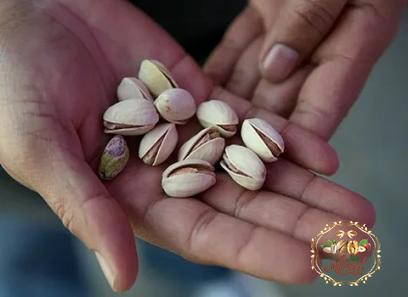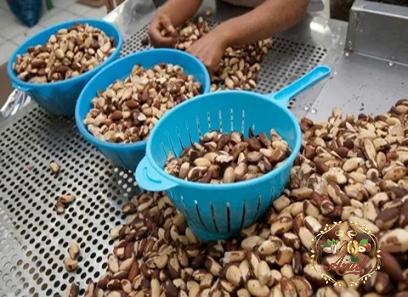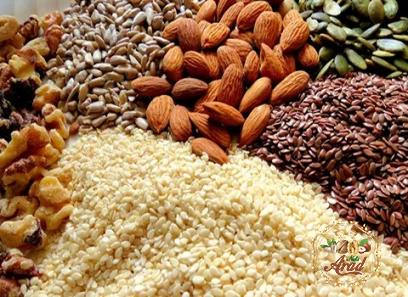When it comes to snacking, it’s no secret that nuts are a popular choice. But have you ever considered opting for fresh raw nuts instead of their roasted counterparts? Fresh raw nuts are the highest quality nuts you can find, and they offer a plethora of advantages for your health and well-being. In this article, we’ll discuss the benefits of fresh raw nuts, as well as any potential disadvantages you should be aware of.
Discuss fresh raw nuts
Fresh raw nuts, just as the name suggests, are nuts that have not undergone any roasting or processing methods. They are picked straight from the tree and retain all their natural properties. These nuts are typically unseasoned and contain no added salt or oil. This raw state ensures that all of the nut’s natural goodness is preserved, providing a truly authentic and nutritious experience.
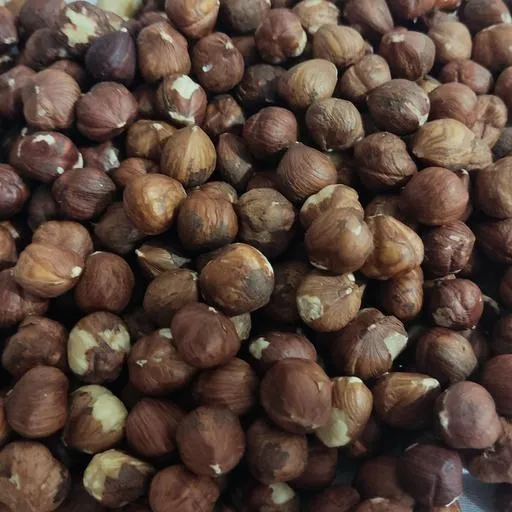
The highest quality of fresh raw nuts
Fresh raw nuts are known for their exceptional quality and taste. Since they are not subjected to any processing methods, they maintain their natural flavors and textures. The rawness of these nuts makes them incredibly unique, showcasing the true essence of each nut variety. Almonds are subtly sweet with a delicate crunch, while cashews offer a creamy and buttery flavor. Pistachios are vibrant and slightly earthy, while walnuts provide a rich and nutty taste. Raw nuts are a sensory delight, allowing you to truly appreciate the flavor profiles nature intended.
Apart from their taste, fresh raw nuts also boast superior nutritional content. They are rich in protein, healthy fats, vitamins, minerals, and antioxidants, making them a powerhouse of nutrients. These nuts are an excellent source of energy and can satisfy your hunger in a healthy and delicious way. By incorporating fresh raw nuts into your diet, you can fuel your body with essential nutrients while enjoying a satisfying snack.
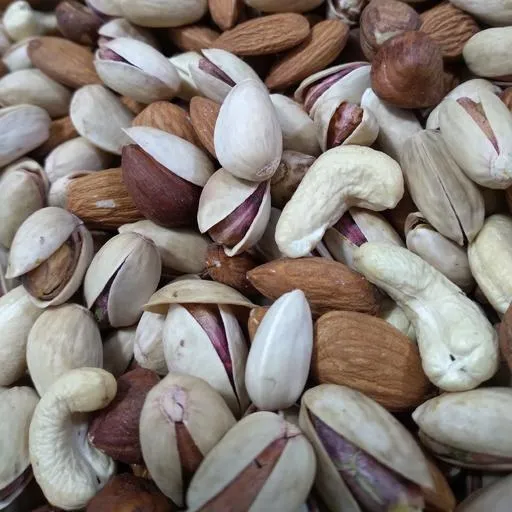
Advantages of fresh raw nuts
One of the primary benefits of fresh raw nuts is their nutritional value. These nuts are a fantastic source of plant-based protein, making them an ideal option for vegans and vegetarians. Protein is essential for building and repairing tissues, and raw nuts can provide you with this vital nutrient without the need for animal products. Additionally, the healthy fats found in fresh raw nuts, such as omega-3 fatty acids, can support heart health and reduce the risk of cardiovascular diseases.
Fresh raw nuts are also packed with various vitamins and minerals. For example, almonds are rich in vitamin E, which acts as an antioxidant and supports skin health. Cashews contain high levels of copper, which aids in energy production and maintaining healthy bones. Walnuts are an excellent source of omega-3 fatty acids and contain a unique antioxidant profile that promotes brain health. Incorporating different types of fresh raw nuts into your diet can expose you to a diverse range of nutrients, contributing to overall well-being.

In addition to their nutritional benefits, fresh raw nuts offer convenience and versatility. They can be easily incorporated into various recipes, such as salads, smoothies, baked goods, and even stir-fries. You can also enjoy them on their own as a simple and nutritious snack. The natural crunch and texture of fresh raw nuts add an exciting element to your culinary creations, making them a favorite among home cooks and professional chefs alike.
Disadvantages of fresh raw nuts
Despite all the advantages, there are a few potential downsides to be aware of when consuming fresh raw nuts. Some individuals may find the taste and texture of raw nuts less appealing compared to roasted nuts. The lack of seasoning can make them less flavorful to some palates. However, this can be easily overcome by experimenting with different spice blends or incorporating raw nuts into a recipe that enhances their taste.
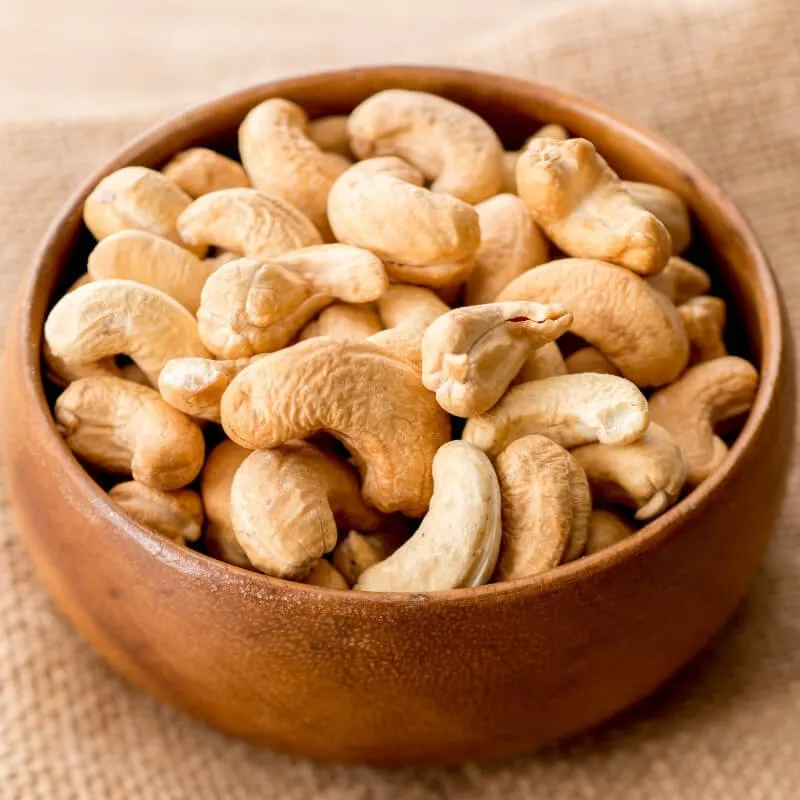
Another potential drawback is the presence of phytic acid in raw nuts. Phytic acid is an anti-nutrient that can interfere with the absorption of certain minerals, such as zinc and iron. However, soaking or sprouting the nuts before consumption can help reduce phytic acid levels, making the minerals more bioavailable.
It’s worth mentioning that fresh raw nuts have a shorter shelf life than roasted nuts. Due to their natural oil content, raw nuts are more prone to spoilage and rancidity. Proper storage in an airtight container in a cool and dark place can help prolong their shelf life.
In conclusion, fresh raw nuts are the epitome of a natural and healthy snack. Their superior quality, nutritional value, and versatility make them an excellent choice for anyone looking to enhance their overall well-being. By incorporating fresh raw nuts into your diet, you can enjoy a flavorful and nutrient-packed treat that nourishes your body with essential vitamins, minerals, and healthy fats. So, the next time you’re reaching for a snack, why not try some fresh raw nuts and experience the true taste of nature?




